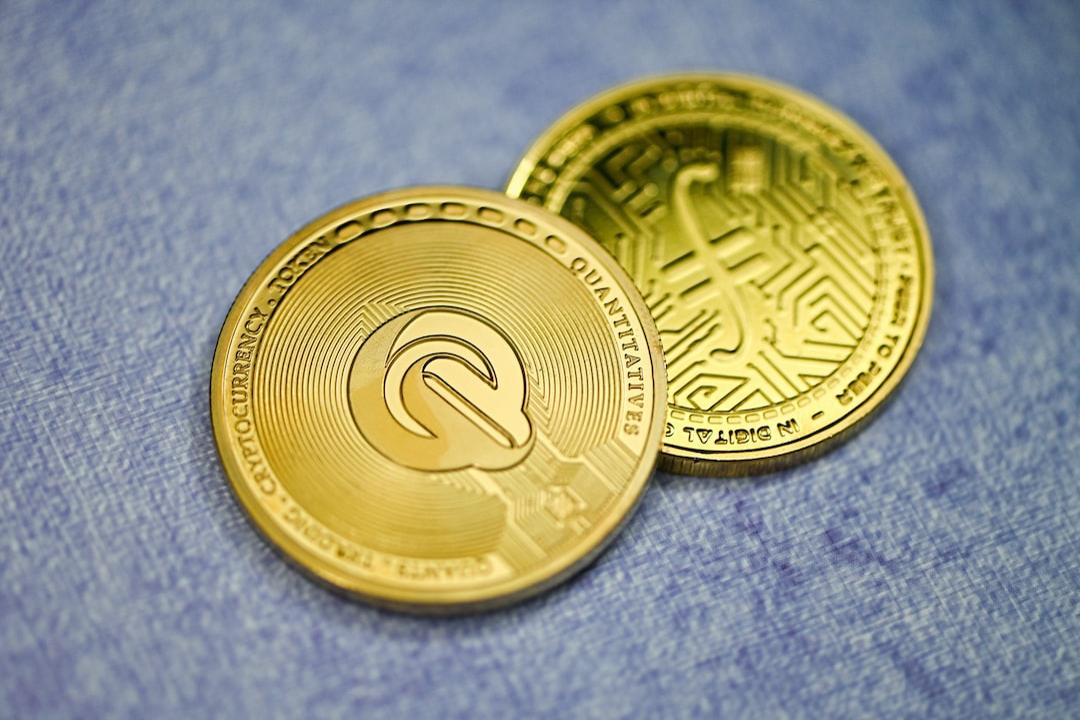Article Title: Bitcoin Emerges as a Viable Reserve Asset Amid Economic Uncertainty and Geopolitical Risks
A recent study conducted by the Bitcoin Policy Institute has proposed that central banks should consider Bitcoin as a safeguard against economic and political uncertainties. The research paper, titled “The Case for Bitcoin as a Reserve Asset,” argues that Bitcoin has the potential to serve as a reserve asset, protecting against inflation, geopolitical tensions, capital controls, sovereign defaults, banking crises, and international sanctions.
Authored by renowned economist Matthew Ferranti, the paper emphasizes that Bitcoin exhibits limited correlation with traditional financial assets, making it an “effective portfolio diversifier.” This unique characteristic of Bitcoin gives it significant value as a reserve asset, particularly for countries seeking to reduce their reliance on the U.S. dollar.
Bitcoin’s decentralized nature and lack of counterparty risk make it especially appealing to countries vulnerable to financial sanctions, such as Venezuela and Russia, which Ferranti refers to as experiencing a form of “selective default.” While acknowledging that Bitcoin may not be suitable for all central banks, Ferranti highlights its potential as a store of value, drawing a parallel to gold in its ability to safeguard against currency depreciation.
This perspective aligns with the growing interest in Bitcoin as a strategic asset among certain U.S. policymakers. The idea of establishing a U.S. Bitcoin strategic reserve has gained momentum, particularly following former President Donald Trump’s speech at the Bitcoin 2024 conference in Nashville, Tennessee. In response, Wyoming Senator Cynthia Lummis introduced the Bitcoin Strategic Reserve Bill, which aims to gradually acquire 5% of Bitcoin’s total supply for the U.S. Treasury.
Trump himself, in a recent interview with Fox News, even suggested the possibility of using Bitcoin to reduce the national debt, highlighting the asset’s fixed supply as a means to counter inflation. MicroStrategy CEO and Bitcoin advocate Michael Saylor likened this strategic reserve initiative to the Louisiana Purchase, emphasizing its significance as an economic opportunity.
However, some individuals, including Cardano founder Charles Hoskinson, caution that a national Bitcoin reserve could potentially allow governments to exert influence over the decentralized nature of the Bitcoin network.
The release of this new paper comes shortly after a research paper published by the Federal Reserve Bank of Minneapolis raised concerns about the impact of Bitcoin on government fiscal policies. The paper suggested that the cryptocurrency may need to be subject to taxation or even banned in order to assist governments in managing deficits. According to the Minneapolis Fed, Bitcoin creates what it calls a “balanced budget trap,” which compels governments to achieve budgetary balance.
Similarly, the European Central Bank (ECB) recently called for the regulation or prohibition of Bitcoin, citing concerns over wealth redistribution. Jürgen Schaaf, an advisor to the ECB’s senior management, reiterated this viewpoint, advocating for policies to curb the growth of Bitcoin.
Critics of the ECB’s stance argue that the research paper fails to address the broader context of monetary inflation. For instance, public sector debt in the UK has reached nearly 98% of GDP in 2023-2024, the highest level since the 1960s. In the U.S., the national debt has skyrocketed to $35 trillion, largely due to a 41% increase in the M2 money supply since 2020.

